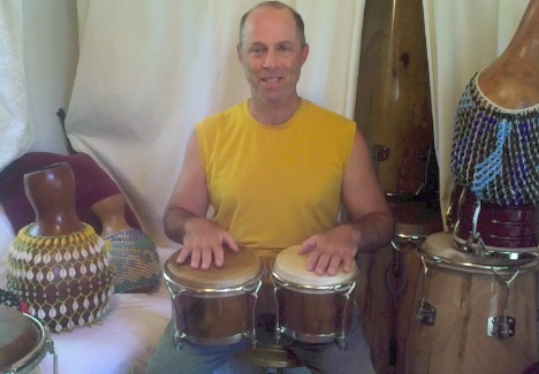While I have dedicated time and effort to studying and appreciating traditional styles, I am excited to share with you my own interpretations and ideas. It is true that you can find the most common variations anywhere, but my intention is to ignite your creativity and encourage you to explore and create your own unique ideas and variations within the established framework.
The word “bongo” finds its origins in the Bantu languages, specifically the words ngoma or mgombo, which both mean “drum.” Originally, the bongo instrument was influenced by traditional African drums, but its distinct playing style emerged in the eastern region of Cuba, particularly in the Oriente Province. Initially considered folk instruments, the bongos gained popularity through two musical genres that originated in this region during the 19th century: Son and Changüí. These genres showcased the bongo as the primary percussive drum, solidifying its place in Cuban musical history.
This content is locked.
This content is available with the monthly Student subscription.

